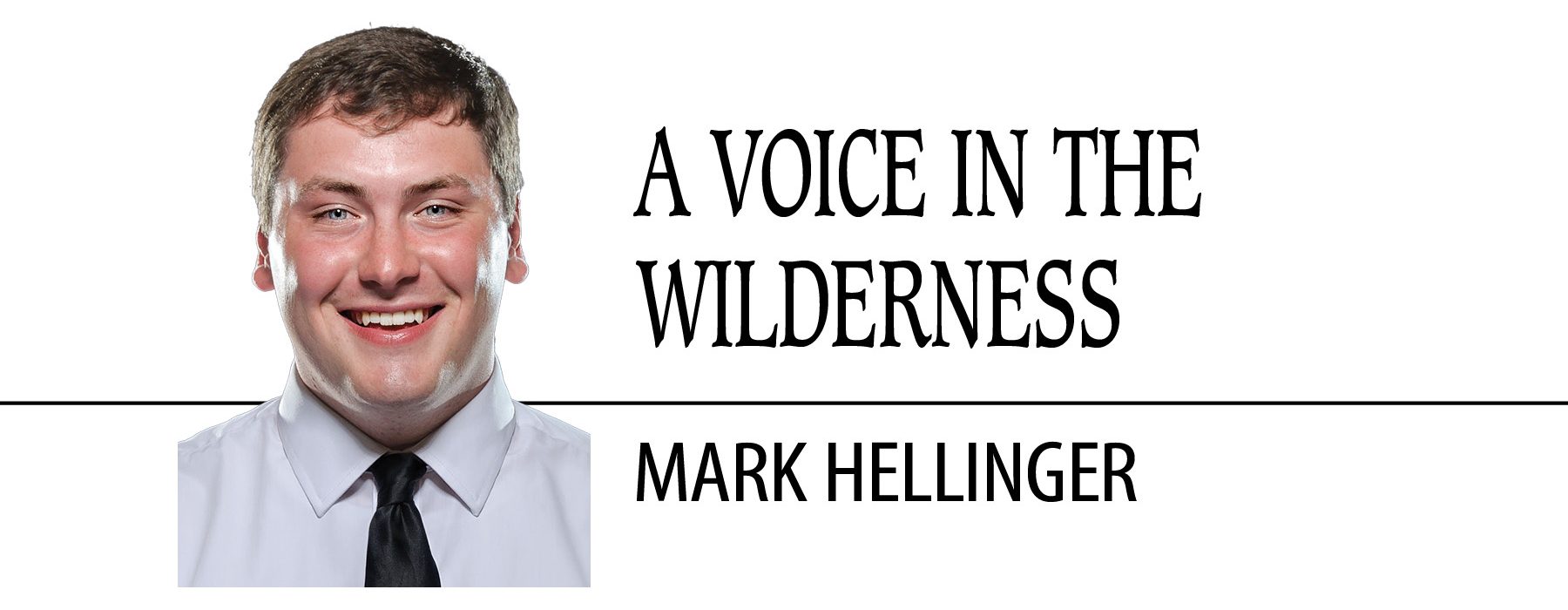April 9, 2019 // Perspective
Why you need a rule of life
Socrates famously stated that the unexamined life is not worth living. After 2,500-ish years, those words still ring true. However, the Christian Event (the passion, death, and resurrection of Jesus Christ) has changed things. We should be striving not only for an examined life, but an ordered life in Christ.
Jesus Christ brought order back to creation and part of our life as His followers is allowing Him to reorder our lives, our desires and our actions. The disorder had its start in the first sin. After the Fall, things were no longer how they were in the beginning. For example, no longer do Adam and the dirt get along; Adam must toil for the land to bear fruit. Also, a fundamental disorder is shown in the relationship between Adam and the woman. Adam does something he had not done yet (and probably didn’t think to do before) — he gives the woman the name Eve. In the perfect relationship they had before, he would not have done this because only God could have. Now disorder has entered and the way Adam and Eve relate is changed (not for the better).
But Christ undoes this disordering and invites us into His new life.
So … what does this have to do with a rule of life? Freedom, here again, rears its splendid head. If we want to enter into the life in Christ, we need to practice this reordering so that our hearts are made ready for God’s work. This is where a rule comes in. It is a tool intended to draw us to Christ by drawing us out of ourselves. What is a rule?
A rule of life is simple, it is a set of expectations that one lives by. Every religious order lives a Rule (most are in some way related to St. Benedict’s Rule, which is subtly one of the most influential documents in the history of Western Civilization). A rule can be simple or complex, but it is intended to simplify life. It is really beneficial when you live in community because it becomes a standard that all strive for and are answerable to.
How a rule works can be seen by way of example in Lenten penances. Before Lent, we know that prayer, fasting and alms giving are the pillars of the season, so we make decisions about how we will live those more intentionally for the duration of Lent. Making that choice at the beginning of Lent actually gives us immense freedom. Instead of having to think of new ways to live those three pillars and choose to do it every day, we know exactly how we are being called to act (assuming the choice of penitential acts where chosen with proper discernment). It frees us to grow by giving order and clarity.
In a very similar way, a rule gives freedom because it frees you to die to self in a specific way.
So now the question is: How do I do this? I do not think it is necessary to plan out every moment of your day or every action. For people living a vocation to matrimony, life is unpredictable in a lot of ways. Therefore, the best way to start is in general. What a rule does is spell out the most important aspects of your life so that all other decisions are made based on the essential aspects of your life. So start there. Here’s a suggested list to begin with:
1) Our family/I will go to Mass every Sunday and Holy Day.
2) Our family/I will go to confession at least twice a year/once a month/every other month.
3) Our family/I will eat a meal together at least __ times a week.
Or you could also be more a little more specific, like:
a) The TV and computer will be turned off in my home at 9 p.m. each night.
b) I will pray (or my spouse and I will pray) for at least 10 minutes a day in (insert specific place).
The whole point is, once you have discerned and set out those things which are essential to your life, you are free to live instead of constantly having to choose in the moment. One example of the application of this: Will the invite to this event make it hard or impossible to go to Mass on Sunday? Answer: I am committed to going to Mass every Sunday, so I can’t go to that event unless I can also get to Mass.
Start small, discern and pray about it. Then let the rule free you as it shapes your life.
Mark Hellinger is a seminarian of the Diocese of Fort Wayne-South Bend. He is studying at Pontifical North American College in Rome.
The best news. Delivered to your inbox.
Subscribe to our mailing list today.






